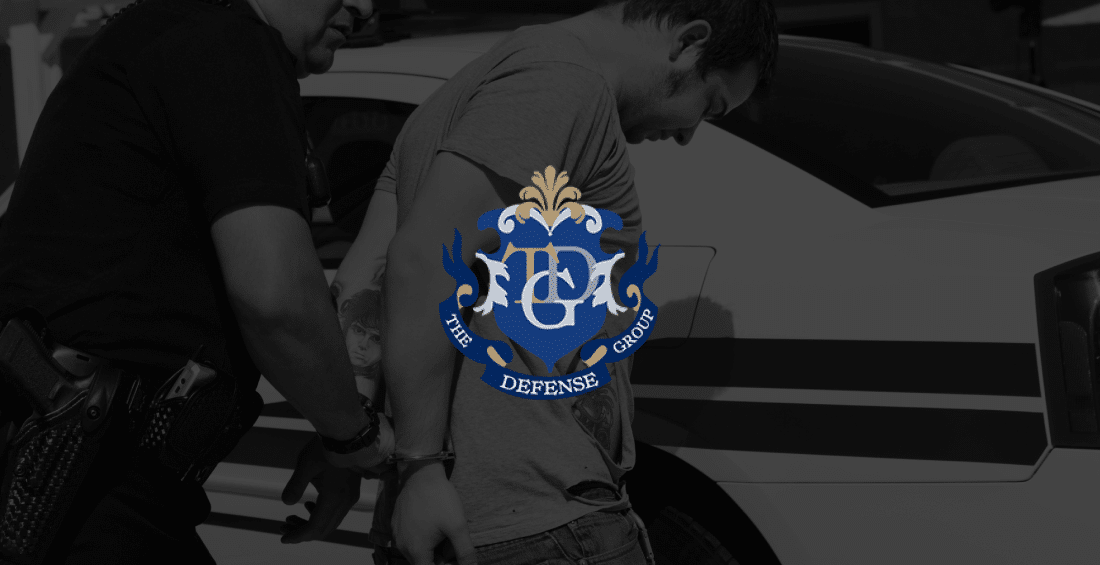How is the Insanity Defense Used in Florida Homicide Cases?
In Florida homicide cases, a defendant who claims to have suffered from a mental illness at the time of the homicide may offer the insanity defense. If you are facing a homicide charge in Central Florida, you must be defended by an experienced Orlando homicide attorney.
An insanity defense is a claim that a mental illness is the reason a homicide defendant was, at the time of the crime, incapable of knowing that what he or she did was wrongful and criminal and, therefore, should not be held criminally responsible for the murder or manslaughter.
In Florida, the insanity defense is subject to rigorous legal standards. How does Florida law define insanity? How does a Florida homicide attorney prove that a defendant was insane at the time of the homicide, and what does it take to prevail at trial with an insanity defense?
What is the M’Naghten Rule?
Florida courts apply the M’Naghten Rule, which allows a court to find a homicide defendant not guilty by reason of insanity if the defendant suffered from a mental disease or defect and did not understand or know, at the time of the crime, that committing the homicide was wrong.
In Florida courts, the burden of proof for an insanity claim falls on the defense. An Orlando homicide lawyer who offers an insanity defense must prove the defendant’s insanity by presenting “clear and convincing” evidence.
How Does a Homicide Attorney Prove Insanity?
If you are facing a homicide charge and you offer the insanity defense, you and your attorney must take the following procedural steps:
- Provide a notice of intent: Your defense attorney must formally notify the prosecutor of your intention to argue the insanity defense. The prosecution must receive the notice early enough to prepare its response.
- Submit to a psychiatric evaluation: The court usually orders one or more psychiatric evaluations. Both the prosecution and the defense may have experts conduct evaluations and may call experts to testify regarding the defendant’s mental condition.
- Present evidence of insanity at trial: The defense must offer evidence of insanity. This may include medical documentation and expert testimony. In response, the prosecution may offer evidence the defendant was sane at the time of the homicide.
- Receive the verdict: If jurors determine the defendant is not guilty by reason of insanity, the court typically sends the defendant to a mental health facility for treatment.
Why is the Insanity Defense Controversial?
The insanity defense is controversial for several reasons, and not just in Florida. Many believe it is a “loophole” criminals use to avoid justice. The truth is the insanity defense is seldom used and rarely successful. Persuading a jury to accept the insanity defense is notoriously difficult.
Some criticize the M’Naghten Rule as outdated because it focuses on understanding right from wrong but does not take into account factors such as a defendant’s ability to exercise self-control. There is also concern about the length of time defendants remain in treatment. If someone is released quickly, critics of the insanity defense may claim the person remains a danger to others.
Many legal experts argue for a more nuanced approach that would consider a broader range of mental health issues. Others advocate stricter standards to ensure that only defendants genuinely incapable of understanding right from wrong may prevail with the insanity defense.
Charged With a Homicide? What is Your Recourse?
Homicide charges in Florida include first-degree murder, second-degree murder, third-degree murder, manslaughter, and vehicular homicide. If you are the target of a homicide investigation, or if you are placed under arrest and charged with a homicide, you have the right to remain silent.
You do not have to answer any questions from police officers or prosecutors before you consult your Orlando homicide attorney. Do not try to act as your own attorney, either. Any mistake in a homicide case could send you to a Florida state correctional facility.
If you are facing a homicide charge in Central Florida, you cannot take your case to an untested or inexperienced defense attorney. Instead, you must be represented and advised by an Orlando homicide lawyer who has substantial experience representing homicide defendants.
What Else Should You Know About Homicide and Mental Illness in Florida?
Since 1976, Florida has imposed the death penalty on 106 convicted murderers. In Florida, defendants who are convicted of a first-degree murder charge may receive the death sentence if jurors find that the aggravating factors in the case outweigh any mitigating factors.
As of October 2024, 280 offenders were still awaiting execution. Florida’s death penalty laws include a requirement to evaluate a convicted murderer’s mental state before an execution may take place.
If the governor is notified that an offender slated for execution may be insane, Florida law requires the governor to stay the execution, name three psychiatrists to examine the offender, and instruct the psychiatrists to determine if the offender understands the death penalty and why it is being imposed.
Let The Defense Group Advise and Represent You
When you choose an attorney to defend you against a homicide charge, experience can make the difference. In Central Florida, you must be represented by a criminal defense attorney with a reputation for legal excellence – a criminal defense attorney at The Defense Group.
With over a century of combined legal experience, our defense attorneys have successfully handled the most difficult and complex homicide cases. If we defend you against a murder or manslaughter charge, your best long-term interests will be our priority.
If you are charged with homicide, we defend you aggressively and effectively, and we bring your case to its best possible outcome. We will answer your questions, address your concerns, and consult you regarding your legal defense strategy.
If you face a murder or manslaughter charge in or near the Orlando area, now or in the future, call The Defense Group immediately at 407-743-8430 to schedule your initial legal consultation, which we provide without charge or obligation. We are confident we can help.










